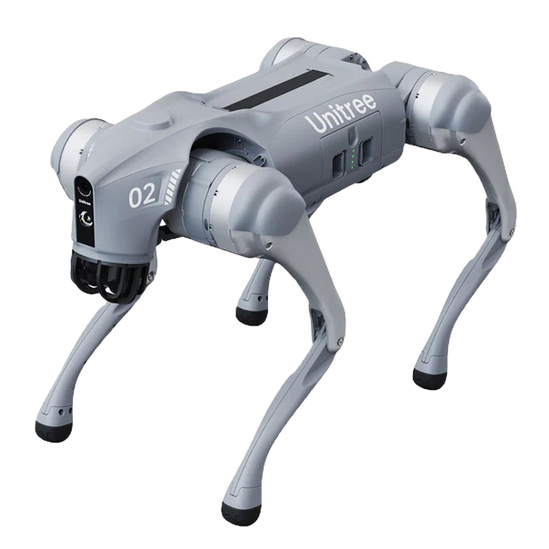Precision Farming
A farming management concept that uses drones and other technology to monitor crops, apply fertilizers, and optimize farming operations.
In agriculture innovative practices are becoming essential for enhancing productivity and sustainability. One pivotal concept in this transformation is Precision Farming. Understanding terms like Precision Farming is key as they encapsulate the integration of technology into agriculture, paving the way for smarter farming methods that aim to meet the challenges of food security, environmental concerns, and efficient resource management.
What is Precision Farming?
Precision Farming is a farming management concept that utilizes drones and various advanced technologies to monitor crop health, apply fertilizers, and optimize overall farming operations. This approach relies on data analysis collected from multiple sources, allowing farmers to make informed decisions that tailor their practices to the specific conditions of each field or even each plant. By focusing on precise actions and interventions, Precision Farming aims to enhance yields, reduce waste, and improve overall efficiency.
Key Concepts:
Data Collection: The use of sensors, satellite imagery, and drones to gather real-time data on soil conditions, crop health, and weather patterns.
Variable Rate Technology (VRT): This technology allows farmers to apply inputs like fertilizers and pesticides at varying rates across a field to match the specific needs of different areas.
Geographic Information Systems (GIS): Tools that enable farmers to analyze spatial data, which can inform planning and decision-making.
Automation and Robotics: The integration of automated machinery and robots that can take on tasks such as planting, weeding, and harvesting efficiently.
Applications and Relevance:
Crop Health Monitoring: Using drones with multispectral cameras to assess vegetation health, identifying issues like disease or nutrient deficiencies early on.
Soil Management: Analyzing soil data to determine optimal planting and fertilization strategies, enhancing soil health and maximizing yields.
Irrigation Optimization: Implementing smart irrigation systems that respond to real-time weather data and soil moisture levels to conserve water.
Yield Prediction: Using historical data and machine learning algorithms to estimate crop yields, assisting farmers in planning their market strategies.
Challenges and Considerations:
High Initial Investment: The cost of acquiring advanced technology and training can be a barrier for smaller farms.
Data Privacy Concerns: Farmers may face challenges regarding the ownership and sharing of sensitive data collected by technologies.
Technical Skill Requirement: The necessity for farmers to develop technical skills to effectively utilize new tools and technologies.
Dependence on Technology: Over-reliance on technology can lead to vulnerabilities, particularly in case of system failures or cyber-attacks.
Future Trends and Innovations:
Integration with Artificial Intelligence (AI): Utilizing AI to analyze vast amounts of agricultural data, providing deeper insights and facilitating predictive analytics.
Sustainability Focus: An increase in practices that emphasize environmental sustainability, including reduced chemical usage and improved biodiversity through regenerative agriculture techniques.
Blockchain for Supply Chain Transparency: Employing blockchain technology to track and ensure the integrity of food products from farm to consumer.
Collaboration Platforms: Emergence of platforms that allow farmers to share data and insights, fostering a collaborative approach to Precision Farming.
Precision Farming stands at the forefront of modern agriculture, significantly impacting farming practices by enhancing efficiency, productivity, and sustainability. Its role in integrating technology into farming not only addresses constraints in traditional practices but also aligns with the pressing need for innovative solutions to global food production challenges. As the agritech landscape continues to evolve, understanding Precision Farming becomes ever more crucial for farmers, stakeholders, and consumers alike, ultimately driving the future of agriculture forward.














